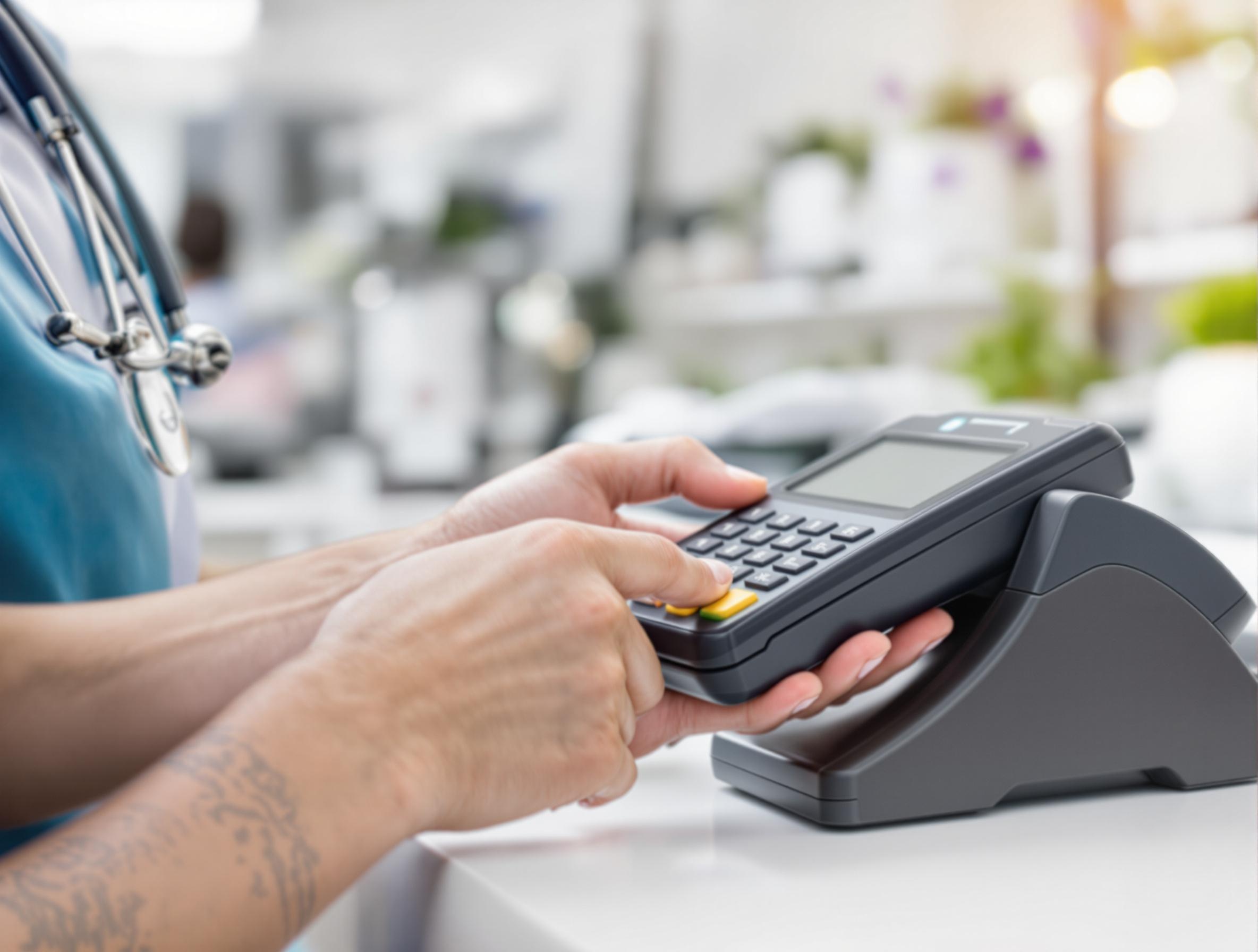
Credit Card Compliance Made Simple: A Guide for Veterinary Practices
Accepting credit card payments is a must for today’s veterinary clinics, but it comes with a responsibility: protecting your clients’ sensitive payment information. Credit card compliance—specifically, following the Payment Card Industry Data Security Standard (PCI-DSS)—isn’t just for large retailers. Any business that processes card payments, including small clinics, must comply.
Fortunately, PCI-DSS compliance doesn’t have to be complicated. Here’s a straightforward guide to help veterinary practices secure their payment processes and build client trust.
1. What Is PCI-DSS and Why Does It Matter?
PCI-DSS is a set of security standards designed to ensure that all businesses accepting, processing, storing, or transmitting credit card information maintain a secure environment. Non-compliance can lead to hefty fines, data breaches, and damaged reputation.
Key Takeaway:
Compliance is about protecting both your clients and your business from financial and reputational harm.
2. Assess Your Payment Processing Environment
Start by understanding how your clinic accepts credit card payments. Do you use a physical terminal, online portal, or mobile device? Identify every point where cardholder data is handled.
Tip:
Work with your payment processor or IT provider to map out your payment flow and identify potential vulnerabilities.
3. Use Secure Payment Devices
Always use payment terminals that are PCI-compliant. These devices encrypt card data, making it much harder for cybercriminals to intercept information.
Tip:
Replace outdated or unsupported payment terminals as soon as possible. Ask your provider for documentation of PCI compliance.
4. Never Store Cardholder Data Unnecessarily
Storing sensitive card data increases your risk and compliance burden. Only keep what’s absolutely necessary, and use secure, encrypted storage if required.
Tip:
Do not write down or save card numbers in emails, spreadsheets, or on paper.
5. Protect Your Network
Your clinic’s network is a common target for attackers. Use strong passwords, firewalls, and separate guest and staff Wi-Fi networks. Ensure all devices connected to your network are secure and up to date.
Tip:
Change default passwords on all devices and update them regularly.
6. Restrict Access to Payment Systems
Limit access to payment processing systems to only those staff who need it. Implement unique logins for each user and disable access for former employees immediately.
Tip:
Regularly review user access lists and update permissions as roles change.
7. Train Your Team
Human error is one of the most common causes of data breaches. Train your staff on the basics of payment security, how to spot suspicious activity, and what to do if they suspect a breach.
Tip:
Include PCI compliance training as part of your regular staff onboarding and continuing education.
8. Monitor and Test Regularly
Run regular security scans and vulnerability tests on your network and payment systems. Many payment processors offer tools and support to help with this.
Tip:
Keep logs of all compliance activities and be ready to provide documentation if requested.
9. Complete the PCI Self-Assessment Questionnaire (SAQ)
Most small clinics can use the PCI SAQ to assess compliance. This is a series of yes/no questions about your payment environment, available from your payment processor or at the PCI Security Standards Council website.
Tip:
Set a reminder to complete the SAQ annually and update it after any major changes to your payment systems.
10. Know What to Do If a Breach Occurs
If you suspect a data breach, act fast. Isolate affected systems, notify your payment processor, and contact your IT provider for help. Quick action can limit damage and help meet reporting requirements.
Tip:
Have an incident response plan in place and make sure staff know who to contact.
Conclusion
PCI compliance is a shared responsibility between your clinic, your payment processor, and your IT provider. By following these steps, you can keep your clients’ data safe, avoid costly penalties, and maintain your clinic’s reputation for trustworthiness.
Ensure your payment processing is secure and compliant. Book a free compliance consultation with Omega Tecks today—call 913-286-1123 or email [email protected].



